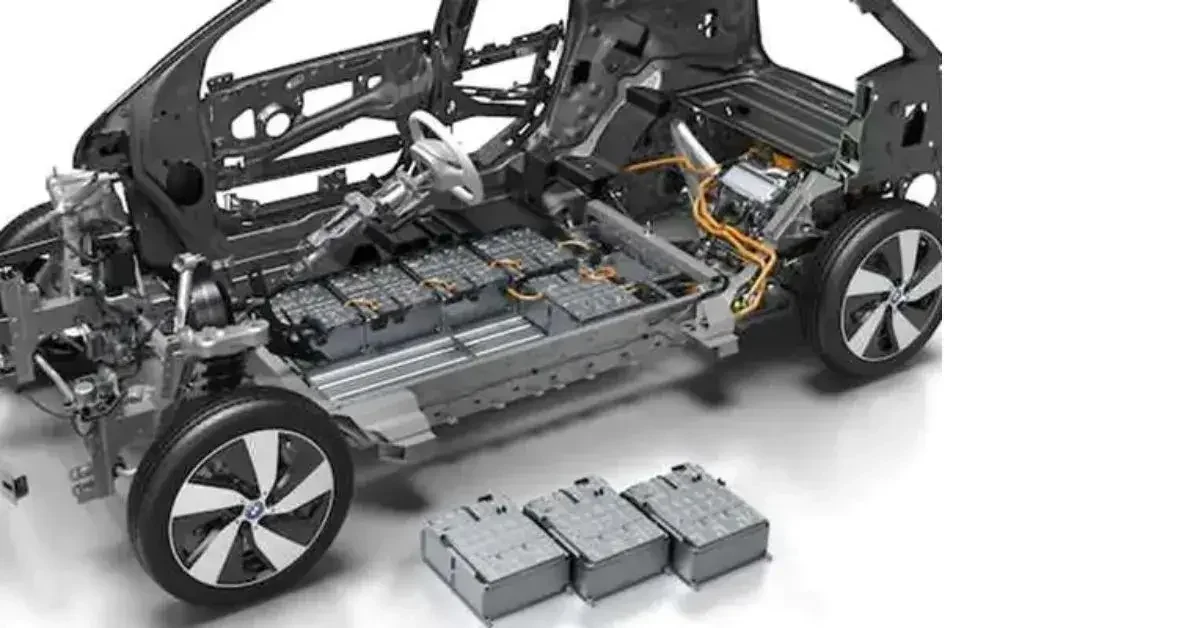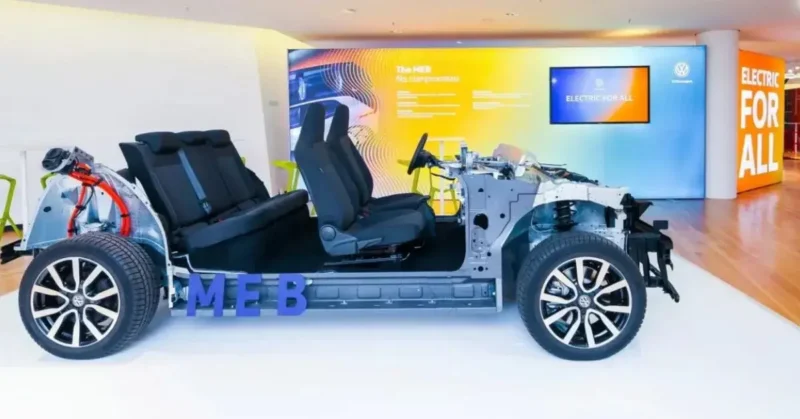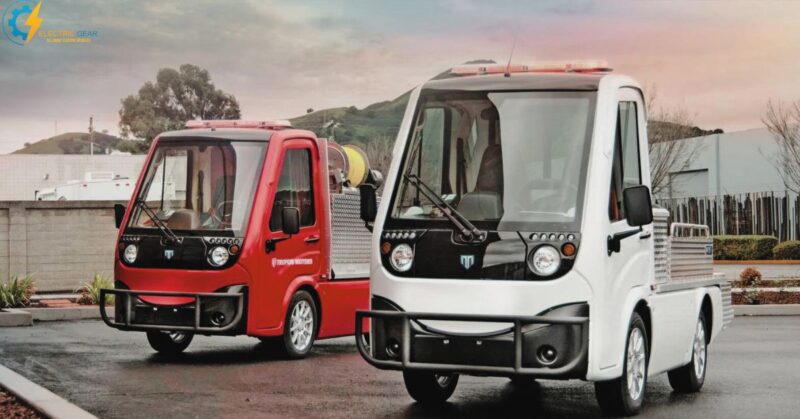Electric vehicles have gained popularity over time due to their eco-friendliness and decreased operating costs. The battery is a vital component of any EV, and fees for electric vehicle batteries range widely from vehicle to vehicle and from battery to battery.
EV Battery packs can cost anywhere from $4,000 to $20,000. However, future price reductions are anticipated as battery technology advances and production volumes increase.
How Much Does An Electric Car Battery Cost?
It’s from $4,000 to $20,000
When discussing the cost of battery replacement, EVs take pride in having the most expensive batteries. Depending on the EV model and type, the battery replacement cost may vary from $ 4,000 to $20,000.
The battery is essential in an electric car and cannot run without it. For people with electric vehicles, one of their primary concerns is how much an electric car battery costs. You will find the information related to the replacement cost of an EV.
How Much Does It Cost To Replace Electric Vehicle Battery?
As technology increases daily, most people buy EVs rather than conventional vehicles. They buy EVs and face problems with changing an electric car battery. The important thing they need to know is the cost of replacing electric vehicle batteries.
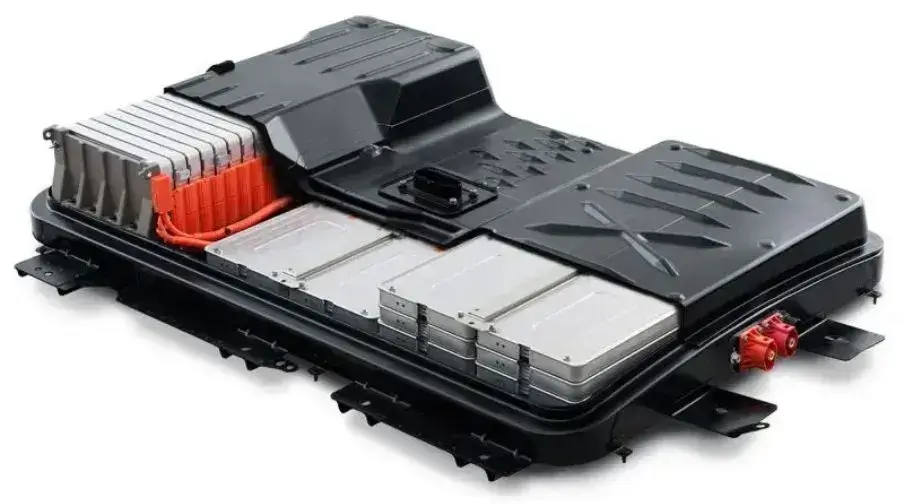
EV battery replacement depends on various factors. The main factors are:
- Model of an EV Battery
- Battery capacity and size
- Battery warranty
Depending on the vehicle’s warranty, a new battery can cost anything from $0 to $20,000. Between 30% to 57% of the overall cost of the car, on average, goes toward replacing the battery.
You should receive the replacement of the EV battery at no additional charge if it still has a manufacturer warranty.
What happens if the battery’s warranty has expired? Its warranty may cost more than $137 per kWh if it expires. It can be challenging to find current battery costs because replacing the battery is still relatively uncommon.
The price for a battery replacement today will vary from what you will pay next year or maybe in the coming 5-7 years. The cost of the battery does not remain the same, and it changes every day, monthly, or yearly.
The Mack Institute for Innovation Management at the Wharton School of Business collected information in 2019 from different sources such as academia, search engines, the news, and manufacturer public remarks. Between 2007 & 2019, they discovered a 16% decrease in the price of the battery.
Battery Replacement in Hybrid Vehicles
The batteries used in hybrid electric cars take a low cost to replace compared to the large, heavy battery packs in electric vehicles like the Ford F-150 Lightning pickup truck or Tesla Model S.
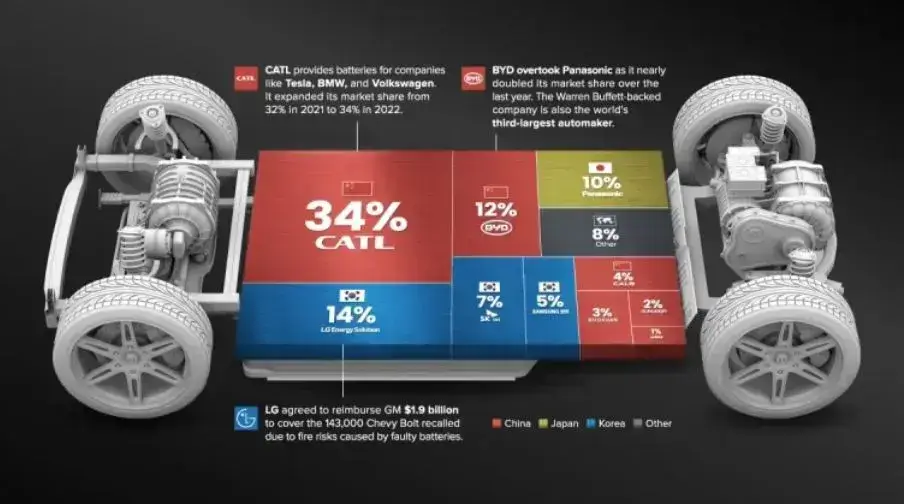
In contrast, battery replacement costs in electric Tesla may cost up to $20,000. For instance, replacing the battery in the hybrid Prius might only cost $2,700.
Some EV Battery replacement costs:
While replacing EV batteries, owners should consider that replacement would take labor charges. For example, if you want to replace the battery of a Tesla Model 3 with 75 kWh, it will cost more than $12,000, excluding labor charges.
For this, labor charges may cost up to $2200. So, the total cost of battery replacement would be $14,200.
When Need Arise to Replace EV Battery?
While the battery life of an electric vehicle (EV) can vary widely depending on usage, climate, and battery chemistry, on average, EV batteries last many years; warranties often cover batteries in electric vehicles for many years or a certain number of miles.
As an EV battery’s performance degrades, it may be time to replace it. Less driving range, more extended charge periods, and more frequent charging indicate that a battery needs to be changed.
Battery servicing or replacement may be suggested by the vehicle’s dashboard or monitoring system. Eventually, the choice to replace an EV battery will depend on the degree of its degradation and the replacement cost relative to the car’s worth.
Signs of EV Battery Loosing Range
Reduced driving range: Your electric vehicle’s battery may fail if you notice a sudden decrease in its range. You can use a diagnostic tool to examine your battery’s condition or keep track of your driving patterns to determine if anything has changed.
Slow charging times: Your electric vehicle’s battery may have degraded to the point that it can no longer keep a charge as effectively as it once did, resulting in lengthier charging periods. You can test whether the problem still occurs by charging your car at different times of the day or different charging stations.
Battery age: The battery will eventually die no matter how much you use your EV. If your battery is near the end of its useful life, you should start looking into alternatives.
Environmental factors: Exposure to extreme environmental conditions can negatively impact a vehicle’s electric battery’s performance and longevity. A battery replacement may be necessary sooner than expected if you reside in a location that frequently experiences severe weather.
After How Long Can EV Battery Be Replaced?
The need may arise to change your electric vehicle’s battery almost after 10-20 years or after every 100,000 to 150,000 miles of the drive.
However, some latest models of Tesla can travel up to 300,000 to 500,000 miles or a life span of 21 to 35 years before replacing the battery. After this period, the battery starts declining its capacity to run.
Reasons For Replacing Your EV Battery
Let’s take a look at those reasons:
- In the battery, electrodes stop working due to constant use over time.
- The electrolyte solution dries up in the battery, which can become the reason for declining electrical conduction.
- On the battery, the seal begins to decline; humidity passes into it, and electrolytes & electrodes are afflicted by it.
So, every owner of an electric vehicle should keep an eye on these reasons. If he finds any one reason for these in his EV battery, he needs to replace the battery.
How To Keep Your EV Battery From Replacement?
You can do some things to avoid replacing your electric vehicle battery soon.
Avoid deep discharges: Lithium-ion batteries — commonly used in EVs — don’t like to be fully discharged. Keep your battery level above 20% and avoid letting it drop below 10% whenever possible. This can help to extend the battery’s lifespan and improve its overall health.
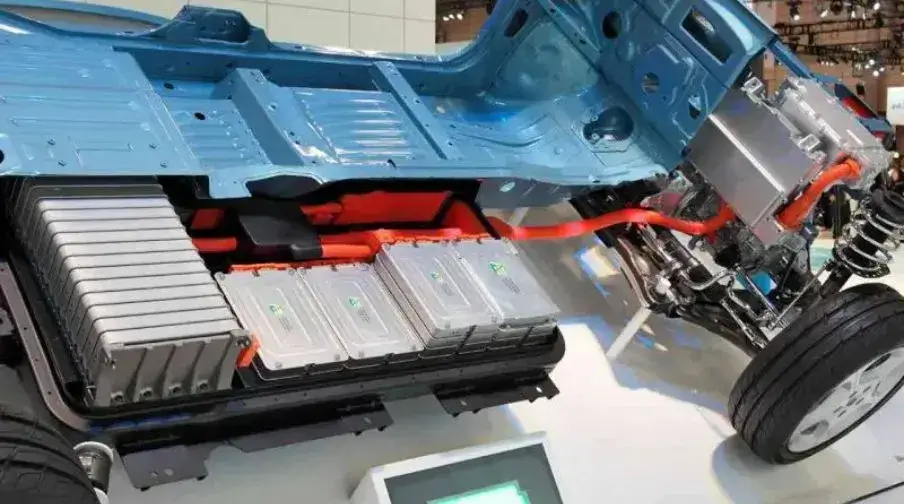
Use regenerative braking: Regenerative braking is a feature of many electric vehicles that stores the energy released during braking for later use. This can help to extend the battery’s range and reduce the strain on the battery.
Charge slowly: Fast charging can heat the battery and cause long-term damage. If you’re not in a hurry, charging slowly using a Level 2 charger or a regular 120-volt outlet is better.
This can help to extend the battery’s lifespan and reduce the risk of overheating. Keep your EV’s battery from 20% to 80% and maintain a regular charging schedule.
Avoid extreme temperatures: Avoid quick charging when it’s cold or hot outside because extreme heat or cold can damage the battery and shorten its lifespan. Try to park your EV in a garage or shaded area.
Never park it in extremely high or low temperatures during hot weather, and avoid leaving it in the sun. In cold weather, preheat the cabin while the car is still plugged in, and avoid using the heater while driving if possible.
Maintain the battery: Regular maintenance can help to keep your EV battery in good condition. Follow the manufacturer’s recommendations for battery maintenance, such as checking the electrolyte levels in lead-acid batteries or performing firmware updates on lithium-ion batteries.

Imran is an experienced content writer who crafts engaging and informative articles for a variety of industries. With a keen eye for detail and a passion for storytelling, Imran delivers high-quality content that resonates with readers. Whether he’s writing blog posts, social media content, or website copy, Imran is committed to delivering compelling content that drives results.

